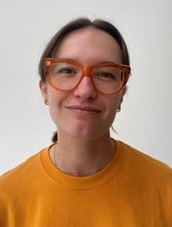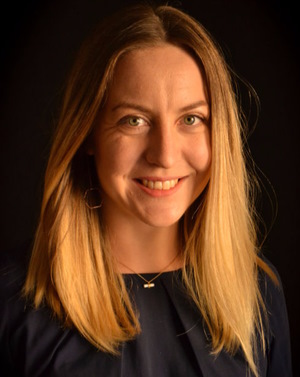Are you a feeling down, depressed, or anxious?UCL Students are invited to take part in a study which aims to develop more effective and accessible treatments for people who are experiencing symptoms of depression and anxiety. Students who are feeling low in mood or anxious may benefit from taking part. |
This study will be testing an adapted version of an internet-based treatment package developed and tested in Sweden and the UK. It is a self-guided programme called Internet-Based Psychodynamic Therapy (iPDT), accessed via an easy-to-use, online platform. |

MAPS is a voluntary research study – you do not have to take part. There are certain requirements to participate. The study has been approved by Research Ethics Approval Committee at University College London (UCL). Ethics ID number: 26049/001.


About MAPS
What is the study about?
Research suggests that internet-based treatment can provide good and long-lasting effects for many people experiencing mental health difficulties.
This study will be testing an adapted version of a relatively new treatment, which has been developed and tested in Sweden and the UK. The treatment is called iPDT, which stands for Internet-Based Psychodynamic Psychotherapy. The treatment is for people who are experiencing symptoms of low mood and anxiety.
The treatment is a self-guided programme, containing 8 ‘chapters’ available online – one chapter is released each week, and then you have two extra weeks to catch up on or review the content. The chapters include text, videos and optional short worksheets that you access through the treatment website.
What is involved in the study?
If you take part, you will have access to the therapy website and your own Therapeutic Support Worker. They will send you a message each week through the website, and you can respond by message.
Before starting treatment, you will be asked to fill in some questionnaires about yourself and how you’re feeling. There are also a smaller number of questionnaires that you’ll be asked to fill in each week, so we can keep track of how you’re doing. We anticipate that participating in this study will take about one hour per week.
What are the benefits?
Research suggests that internet-based treatment can provide beneficial and long-lasting effects for many people experiencing mental health difficulties. We hope that taking part in this treatment programme will have a positive impact on your psychological health and well-being. The study could help you to understand your emotions, think about your relationships, and learn how to manage difficult experiences in a different way. By completing the programme, we want you to learn strategies and techniques that will be useful even after the study is over. You will also be contributing to research that seeks to improve the treatment options available to other people suffering from mental health difficulties.
What is the time commitment?
This is a 10-week programme. You get as much out of the programme as you put into it! It is important that you understand that participating in a programme like this requires time and commitment. Even though you will receive support from your Therapeutic Support Worker, it is your responsibility to read the chapters and complete the exercises. If you are in the March-start group, we will ask you to complete these questionnaires every week whilst you are waiting. We will also ask you to complete some final questionnaires 3 months after you finish the programme.
Where can I do the study?
The treatment takes place online so you can participate from anywhere, as long as you have an Internet connection. We recommend that you complete the exercises in a space you feel comfortable so that you can make the most of the information in the programme.
Want to learn more and see if you can take part?
You may learn more about the study from the Information Sheet on this link. Click on "register" above to complete the screening questionnaire and see if this study might be right for you. Please contact us at any time if you have questions about the study or the registration process.
The project team

Rose Mortimer
Doctoral Researcher
University College London

Dominika Iluczyk
Doctoral Researcher
University College London

Henry Clements
Principle Investigator
University College London

Nick Midgley
University College London and The Anna Freud Centre

Karin Lindqvist
Stockholm University

Jakob Mechler
Stockholm University

Gerhard Andersson
Professor in psychology
Linköping University, Sweden

George Vlaescu
IT-responsible
Linköping University, Sweden
Contact the study team
Contact us with any questions about the study or if you need help registering.
Rose Mortimer, rose.mortimer.19@ucl.ac.uk
Dominika Iluczyk, dominika.iluczyk.22@ucl.ac.uk